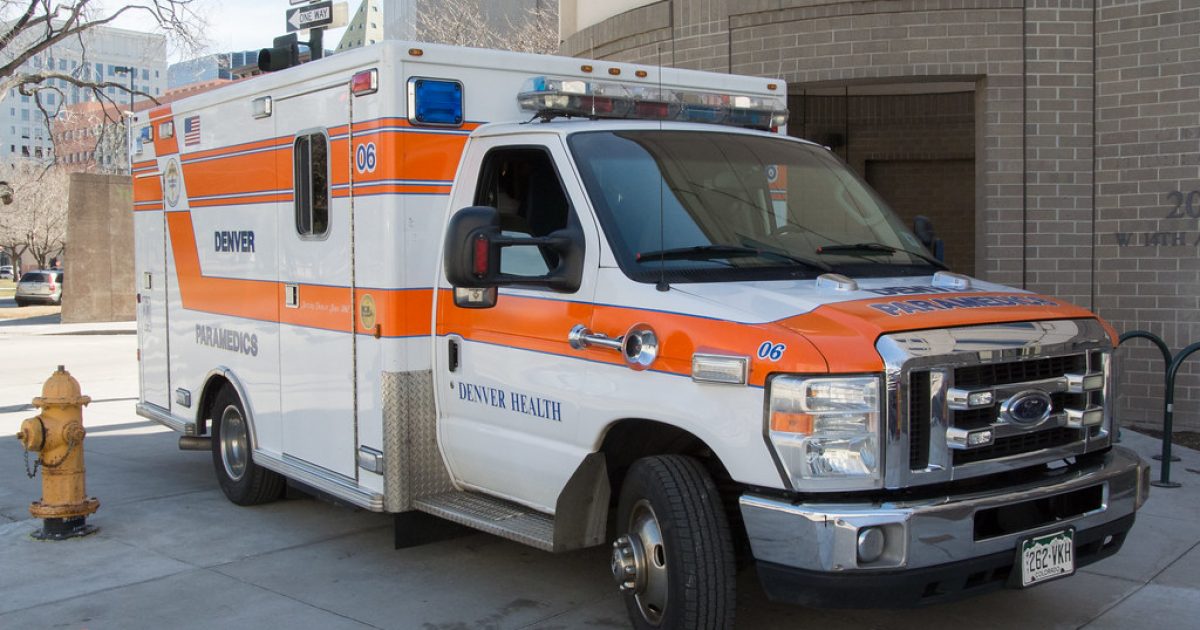
A paramedic based in the St. Louis-area is pressing a federal unfair labor practice charge against the Teamsters Local 610 union for numerous violations of the National Labor Relations Act (NLRA).
The violations include blocking the paramedic’s right to withdraw from his union membership and his employer’s disciplinary actions against him for simply trying to inform his coworkers of their rights. He is also charging his employer, Medic One Ambulance, for threatening to fire him when a union official called for his termination after he posted literature informing his coworkers of their right to leave the union.
Both of these charges were filed at the National Labor Relations Board (NLRB) Region 14 office in St. Louis with the National Right to Work Legal Defense Foundation attorneys providing pro bono aid.
The aggrieved party, Jarod Aubuchon, submitted a letter to union agents on April 8 indicating his departure from the union and exercising his right under the CWA v. Beck U.S. Supreme Court case—which the Foundation won—to pay a reduced union fee as a nonmember.
Because Missouri lacks a Right to Work law, employees who assert their right to not join a union must still pay a reduced share of dues. If they don’t pay these fees, they lose their jobs.
According to the charge filed against the union, since Aubuchon filed his resignation neither his resignation nor his Beck rights were recognized by Teamsters bosses. Additionally, the union is still taking full dues from his paychecks.
The charge against the union also details how at one point after his resignation Aubuchon began posting literature about employee rights in “common open areas.” In response, union officials destroyed his postings and demanded that Medic One take disciplinary action against Aubuchon.
Aubuchon notes that his employer threatened to fire him during a meeting.
Under the NLRA, unions are prohibited from discriminating “against an employee” based on union nonmembership. At the crux of Aubuchon’s charges is the assertion that both Teamsters Local 610 and Medic One violated his rights guaranteed by the NLRA.
In 2017, Missouri passed Right to Work, but Big Labor put the issue on the ballot in 2018 and killed the law by launching a massive campaign against it. The law was scuttled via referendum before it even went into effect.
Now, this gives union leaders the ability to fire workers for not paying union fees. Nevertheless, union officials must still follow the Beck precedent in determining the amount of any mandatory fees.
“This case demonstrates the kind of abuse that happens when workers lack the protections of a Right to Work law,” declared National Right to Work Foundation President Mark Mix. “Without Right to Work, employees who exercise their freedoms under longstanding labor laws are bullied, have illegal dues seized from them, lose their jobs, and are sometimes not even permitted to notify their fellow workers of their rights.”
Right to Work has been passed in 27 states, who now respect the freedom of association which many other states repeatedly violate when they kowtow to unions.
However, states like Missouri show that challenges lie ahead.



